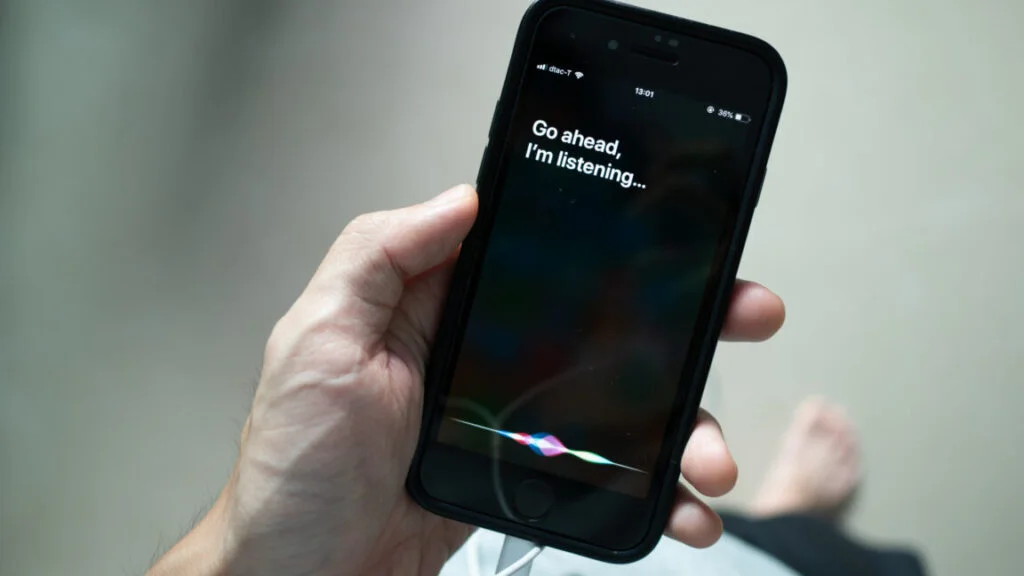The court found that Copilot had limited faith in its outputs. When asked “are you accurate” or “reliable,” Copilot responded that “my accuracy is only as good as my sources, so for critical matters, it’s always wise to verify.” When more specifically asked, “Are your calculations reliable enough for use in court,” Copilot recommended that outputs “should always be verified by experts and accompanied by professional evaluations before being used in court.”
Schopf noted that at least the “developers of the Copilot program recognize the need for its supervision by a trained human operator to verify the accuracy of the submitted information as well as the output.”
Microsoft declined Ars’ request to comment.
Until a bright-line rule exists telling courts when to accept AI-generated testimony, Schopf suggested that courts should require disclosures from lawyers to stop chatbot-produced data and testimony from disrupting the legal system.
“The use of artificial intelligence is a rapidly growing reality across many industries,” Schopf wrote. “The mere fact that artificial intelligence has played a role, which continues to expand in our everyday lives, does not make the results generated by artificial intelligence admissible in Court.”
Ultimately, Schopf found that there was no breach of fiduciary duty, negating the need for Ranson’s Copilot cross-checked testimony on damages in the Bahamas property case. Schopf denied all of the son’s objections in their entirety (as well as any future claims) after calling out Ranson’s use of the chatbot at length.
“Whether or not he was retained and/or qualified as a damages expert in areas other than fiduciary duties, his testimony shows that he admittedly did not perform a full analysis of the problem, utilized an incorrect time period for damages, and failed to consider obvious elements into his calculations, all of which go against the weight and credibility of his opinion,” Schopf wrote.
Schopf noted that the evidence showed that rather than the son losing money from his aunt’s management of the trust—which Ranson’s cross-checked Copilot data supposedly supported—the sale of the property in 2022 led to “no attributable loss of capital” and “in fact, it generated an overall profit to the Trust.”
Update: On December 21, 2024, Ars Technica updated this post to clarify throughout that Ranson said he used Copilot only for cross-checking an analysis he had already performed. We also tweaked the language to make clear that Ranson was an expert on fiduciary duties and was not holding himself out as a real estate expert in this case, and to reflect that a quote we had used regarding a challenge to his testimony came from an overruled objection by one of the opposing lawyers, rather than the judge.




